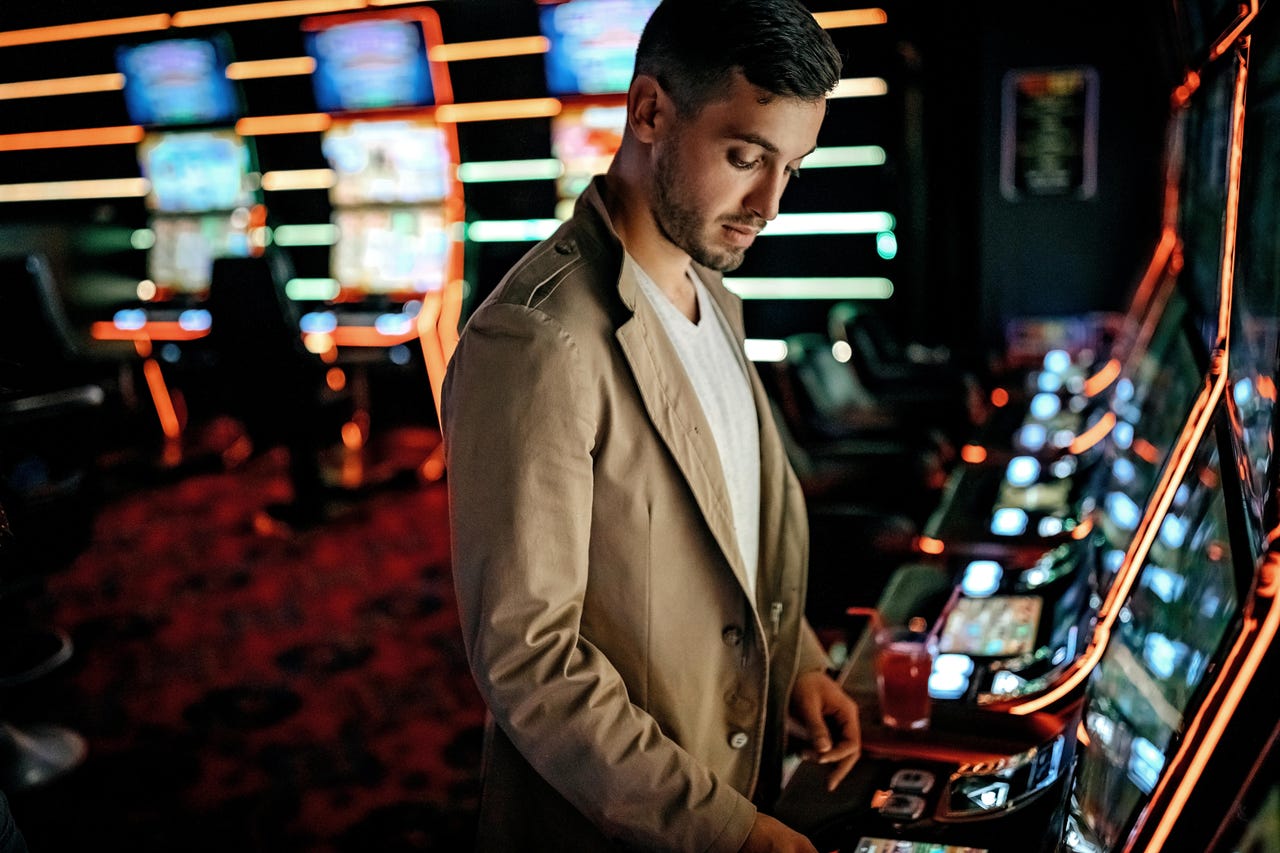Banned gamblers in South Australia to be found using facial recognition tech


A large amount of South Australian gaming rooms now have facial recognition technology installed in a bid to find individuals that have been banned from gambling.
The tech, installed in over 80% of venues that offer gambling, including pubs, clubs, and casinos, has been delivered by Vix Vizion, in partnership with Cradlepoint.
From 3 December 2020, significant gambling reforms came into effect in South Australia.
New requirements were introduced relating to the use of facial recognition technology, touted as assisting licensees to identify barred persons entering a gaming area.
"Facial recognition technology will further support and assist licensed venues meet their responsibilities of identifying barred patrons by alerting gaming venue staff when a barred patron is detected entering the gaming room," South Australian Consumer and Business Services (CBS) explains.
Under the changes, the holder of a gaming machine licence must, for the purposes of identifying barred persons entering a gaming area, operate a facial recognition system if the gaming machine licence for the premises authorises the operation of 30 or more gaming machines.
"Licensees must, by notice displayed at each entrance to a gaming area, notify each person who is about to enter that a record of the person's facial image will be made by means of the approved facial recognition system," the CBS adds.
The state mandates that licensees cannot use a system for encouraging or providing incentives to a person to gamble; for customer loyalty programs or a lottery within the meaning of the Lotteries Act 2019; or to identify a barred person in respect of premises other than the licensed premises in relation to which the system is operating.
Must read: Suicide prevention body calls for gambling platform data-sharing practices to be reined in
There are currently eight government-approved facial recognition systems that can be installed by venues. The facial recognition technology provided by Vix Vizion, Imagus Facial Recognition, captures an image of people walking into a venue. The company said it matches that image to a digital database of banned and self-excluded individuals held by the South Australian government.
Previously, gaming venues had hard copy photographs obtained from various lists of banned people.
Using Cradlepoint NetCloud and 4G-enabled routers, Vix Vizion said it provides a distributed and connected facial recognition system that automates this process. Its software matches visitor images with the government-managed database.
The company's facial recognition technology, along with biometrics, can also pick up personal changes in people's appearance, achieving detection rates of over 90%, it claims.
If a blocked individual does find a way into a monitored location, the Vix Vizion software sends an alert flagging the need for security staff intervention.
"We applaud the South Australian government's initiative to use technology to protect communities. As technology infuses every aspect of our lives, including gaming, it's important to leverage technology to help ensure the safety and support of people in need," Cradlepoint APAC managing director Gavin Wilson said.
Vix Vizion said it plans to roll out similar solutions in gaming venues across other states in Australia.
SEE ALSO
Human Rights Commission calls for a freeze on 'high-risk' facial recognition
Until protections around the use of such technologies are in place, the Australian Human Rights Commission has asked for a moratorium on the use of biometrics, including facial recognition, in 'high-risk' areas. It has also recommended the creation of an AI Safety Commissioner.
Melbourne students are guinea pigs for NEC's facial recognition fraud tech
NEC's NeoFace facial recognition software will be used by Melbourne-based Cambridge Boxhill Language Assessments in a bid to ensure those sitting tests are those enrolled.
A group of 51 organizations has written an open letter to European commissioners calling for the ban of all deployments of facial recognition tools that can snoop on citizens.